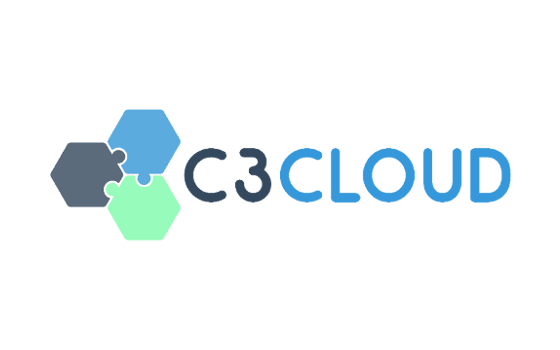 Typically, when a patient is receiving care from GPs and Hospitals, these are normally uncoordinated and the patient is often presented with conflicting advice, or clinicians are required to assess patients without access to all of the patient's relevant history, often making care fragmented and inefficient, particularly for an ageing population who may have multiple conditions and need care from multiple specialists and stakeholders.
Typically, when a patient is receiving care from GPs and Hospitals, these are normally uncoordinated and the patient is often presented with conflicting advice, or clinicians are required to assess patients without access to all of the patient's relevant history, often making care fragmented and inefficient, particularly for an ageing population who may have multiple conditions and need care from multiple specialists and stakeholders.
Healthcare has seen an explosive growth in the amount of data produced, which has led to more data driven and evidence based protocols. However, this has also presented challenges as data can become locked in silos or to particular vendors, limiting their availability for reuse, dissemination and potential to improve patient outcomes.
However, C3-Cloud (collaborative cure and care system) is a digital infrastructure offering integrated care capability for multi-morbidity management. It enables collaboration across a number of healthcare systems and settings, allowing clinicians to semi-automatically generate a holistic personalised care plan, which offers an integrated view of the patient's conditions, measurements, medication and goals.
Patients and their multi-disciplinary care team can collaboratively create, review and edit the plan, empowering the patient to make decisions about their care. The care plan personalisation process is supported by a Clinical Decision Support module, implementing over 500 rules, consolidating and reconciling multiple clinical practice guidelines of common comorbidities (for example, diabetes, heart failure, renal failure and depression). The system accommodates local organisational aspects such as roles, as well interoperability to existing systems, it is currently deployed in three pilot sites in the UK, Spain and Sweden, integrating with their health systems and supporting coordinated care.
The C3-Cloud technology is flexible enough to support other conditions, including supporting remote management generally, which can be applied to situations, such as in the current COVID-19 pandemic. The project has recently investigated plans for deployment in such pandemic scenarios.
Professor Theo Arvanitis, the C3-Cloud project co-ordinator from the Institute of Digital Healthcare at WMG, University of Warwick comments: "As the world develops and becomes more digital it is essential our healthcare system does too. With an ever growing population and life expectancies increasing it’s important to make a digital healthcare system that works for everyone and that is what the C3-Cloud does.
"Not only does the C3-Cloud work across all systems, it can recommend treatments for patients with multiple health problems, which is helpful when someone is seeing multiple care outlets such as their GP and local hospital for different care needs.
"Our first pilot has taken place, and with the European Innovation Radar identifying C3-Cloud's key components as tech, ready our next step is to expand this to large scale trials in multiple countries, this could lead to an enrolment in the system, and if there's ever a pandemic like COVID-19 again different strategies for people with different health problems could be deployed rapidly."
For further information, please visit:
https://c3-cloud.eu